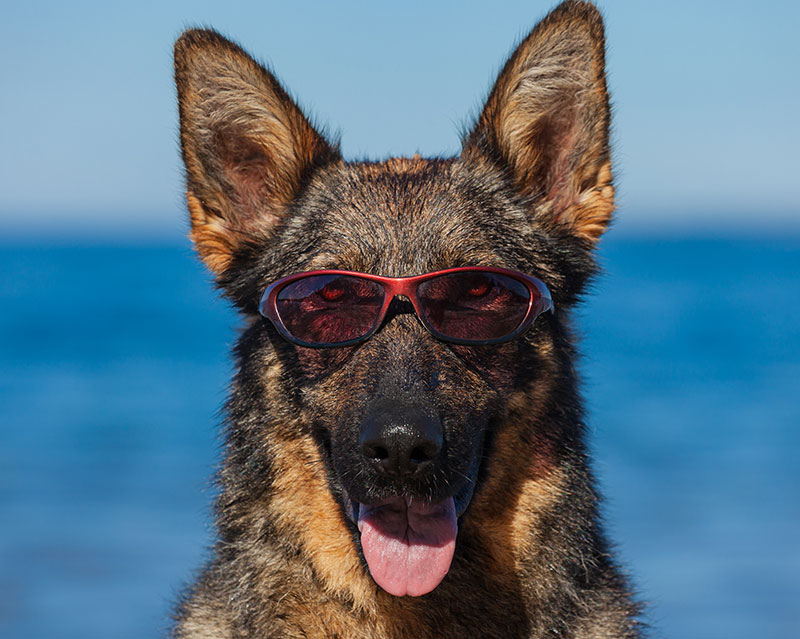Common Pet Health Concerns During the Summer

6 Common Pet Health Concerns During The Summer
1. Heatstroke
Heatstroke is a severe and potentially fatal condition that occurs when a pet’s body temperature rises to dangerous levels. Signs of heatstroke include excessive panting, drooling, lethargy, vomiting, and collapse.
Prevention Tips:
• Never leave pets in a parked car, even for a few minutes.
• Provide plenty of fresh water and ensure pets have access to shade.
• Limit exercise on hot days, and opt for early morning or late evening walks.
• Use cooling mats or vests designed for pets.
2. Dehydration
Pets can quickly become dehydrated in hot weather, especially if they are active. Symptoms of dehydration include dry gums, sunken eyes, lethargy, and loss of skin elasticity.
Prevention Tips:
• Ensure your pet has constant access to clean, fresh water.
• Carry water and a portable bowl during outings.
• Offer wet food to increase fluid intake.
3. Paw Pad Burns
Hot pavement, sand, and asphalt can burn your pet’s paw pads, leading to pain and injury. If the ground is too hot for your bare feet, it’s too hot for your pet.
Prevention Tips:
• Walk pets on grass or shaded paths during the hottest parts of the day.
• Use protective booties to shield paws from hot surfaces.
• Test the pavement temperature with the back of your hand before walking your pet.
4. Parasites
Summer is prime time for fleas, ticks, and mosquitoes, which can transmit diseases such as Lyme disease, heartworm, and flea allergy dermatitis.
Prevention Tips:
• Regularly use veterinarian-recommended flea and tick preventatives.
• Check your pet daily for ticks and remove them promptly.
• Keep your yard free of standing water to reduce mosquito breeding grounds.
5. Allergies
Seasonal allergies can cause discomfort for pets, leading to symptoms like itching, sneezing, and ear infections.
Prevention Tips:
• Bathe your pet regularly to remove allergens from their fur.
• Wash your pet’s bedding frequently.
• Consult your vet about appropriate allergy medications.
6. Sunburn
Pets, especially those with light-colored or thin fur, can get sunburned, which can lead to skin cancer.
Prevention Tips:
• Apply pet-safe sunscreen to exposed areas like the nose, ears, and belly.
• Limit your pet’s sun exposure during peak hours (10 a.m. to 4 p.m.).
• Provide plenty of shade when outside.

 ACCOUNT LOGIN
ACCOUNT LOGIN ACCOUNT SIGN-UP
ACCOUNT SIGN-UP





 CLINIC LOGIN
CLINIC LOGIN